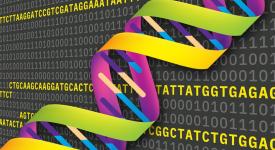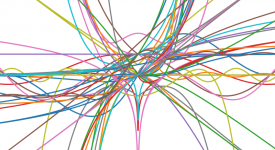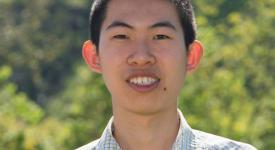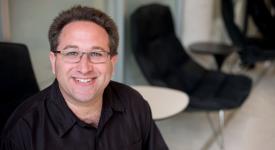Investigating How to Make Robots Better Team Members
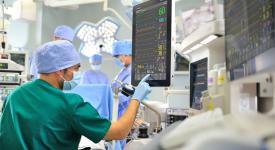
07/17/2020 - Imagine that you are a robot in a hospital: composed of bolts and bits, running on code, and surrounded by humans. It’s your first day on the job, and your task is to help your new human teammates—the hospital’s employees—do their job more effectively and efficiently. Mainly, you’re fetching things. You’ve never met the employees before, and don’t know how they handle their tasks. How do you know when to ask for instructions? At what point does asking too many questions become disruptive?




